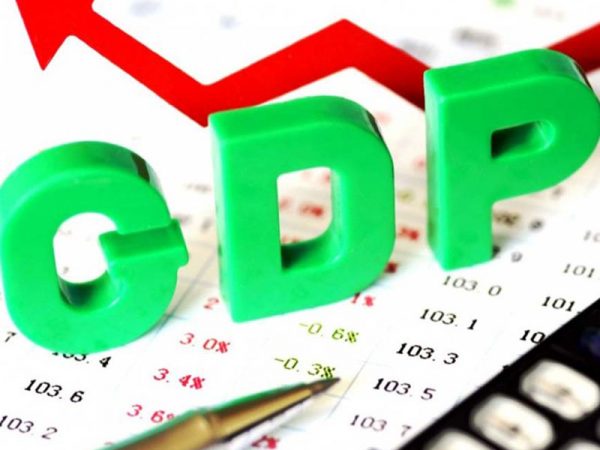The Nigerian real estate sector experienced a period of subdued growth in 2024, marked by GDP growth rates consistently below the national average. The first three quarters of the year saw growth rates of 0.84%, 0.75%, and 0.68%, respectively, highlighting the sector’s struggles amidst broader economic challenges. Despite this sluggish growth in direct real estate activities, the real estate service sector, encompassing activities like brokerage and property management, demonstrated resilience. This segment maintained a robust GDP contribution growth rate hovering around 5%, illustrating its crucial role in supporting overall economic activity and underscoring the sector’s continued importance in urbanization, employment, and wealth creation. This contrast between direct real estate activity and real estate services suggests a potential shift in the sector’s dynamics, with service-related functions demonstrating greater resilience to prevailing economic headwinds.
In contrast to the real estate sector’s performance, the construction sector exhibited a more dynamic trajectory. After an initial contraction in the first quarter, the sector rebounded with positive growth in the subsequent two quarters, driven by factors such as increased public infrastructure spending, private investment, and rising demand for both residential and commercial properties. This resurgence in construction activity is intrinsically linked to the real estate sector, as construction fuels real estate development and vice versa. The symbiotic relationship between these two sectors indicates that the construction sector’s recovery could potentially bolster the real estate market in the longer term.
The sluggish growth in the real estate sector can be attributed to a combination of interconnected challenges. The slow economic recovery from inflationary pressures has impacted purchasing power, dampening demand for properties. This reduced demand is further exacerbated by high-interest rates, which make borrowing for real estate projects more expensive, hindering both developers and potential buyers. Regulatory hurdles, including delays in land titling and high transaction costs, continue to pose significant obstacles to the sector’s smooth operation. Moreover, the lack of a unified housing policy creates inefficiencies and further constrains growth. These factors collectively create a challenging environment for the real estate sector, hindering its ability to fully contribute to economic growth.
Another key challenge is the persistent mismatch between housing supply and demand. Rapid urbanization continues to fuel demand, particularly for affordable housing, but supply has failed to keep pace. This gap is driven by high construction costs, limited access to land, and insufficient financing options, including the lack of accessible mortgage systems. This demand-supply imbalance further restricts residential real estate growth and underscores the urgent need for interventions from policymakers and industry stakeholders to address the affordability crisis and bridge the gap between housing needs and available options.
These challenges have significant implications for all stakeholders in the real estate ecosystem. Policymakers face the urgent task of streamlining regulations, simplifying land titling processes, and investing in infrastructure to support real estate activities. Developers need to prioritize cost optimization, explore innovative construction methods, and identify emerging markets to mitigate the impact of rising costs and subdued demand. Investors can leverage data-driven insights to pinpoint high-potential areas for growth and diversify their portfolios across different real estate segments. For consumers, the increasing adoption of green building technologies and affordable housing initiatives presents promising opportunities, but advocating for transparent pricing and accessible financing options remains crucial to ensuring wider access to real estate ownership.
Despite the prevailing challenges, the Nigerian real estate sector still holds significant opportunities for growth. The construction sector’s recovery creates direct prospects for real estate development, especially in major urban centers. Public-private partnerships focused on addressing the affordable housing deficit hold significant potential for unlocking growth in the residential market. The rise of technology and Proptech solutions, including digital platforms for property transactions and data-driven market insights, offers avenues for increased efficiency and investor confidence. The growing emphasis on sustainability and green building practices not only enhances the appeal of new developments but also positions the industry for long-term relevance in a global market increasingly focused on environmental responsibility. However, addressing persistent challenges such as economic volatility, rising construction costs, inadequate infrastructure, and inconsistent government policies will be crucial to unlocking the sector’s full potential and ensuring its sustained contribution to the Nigerian economy.


